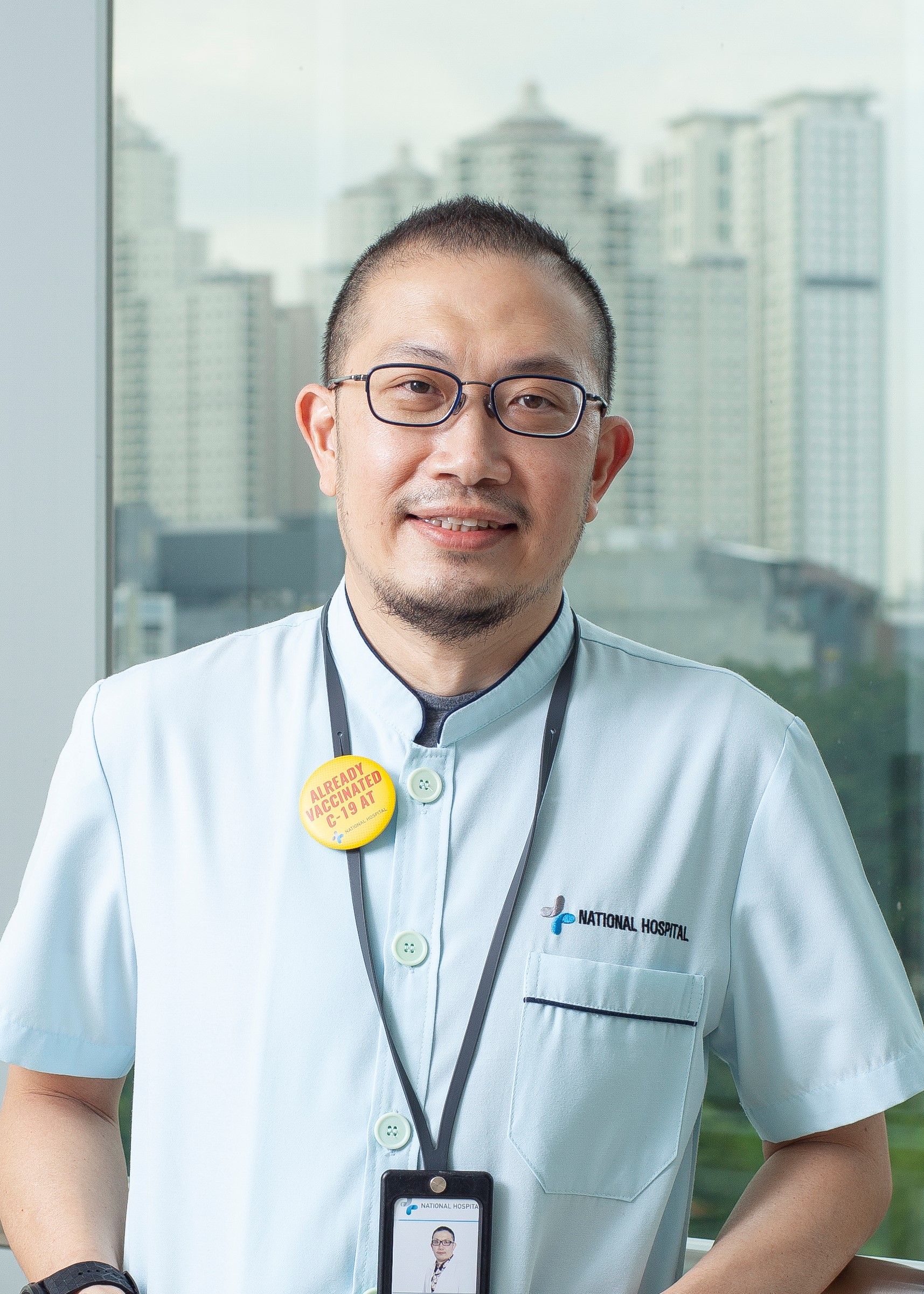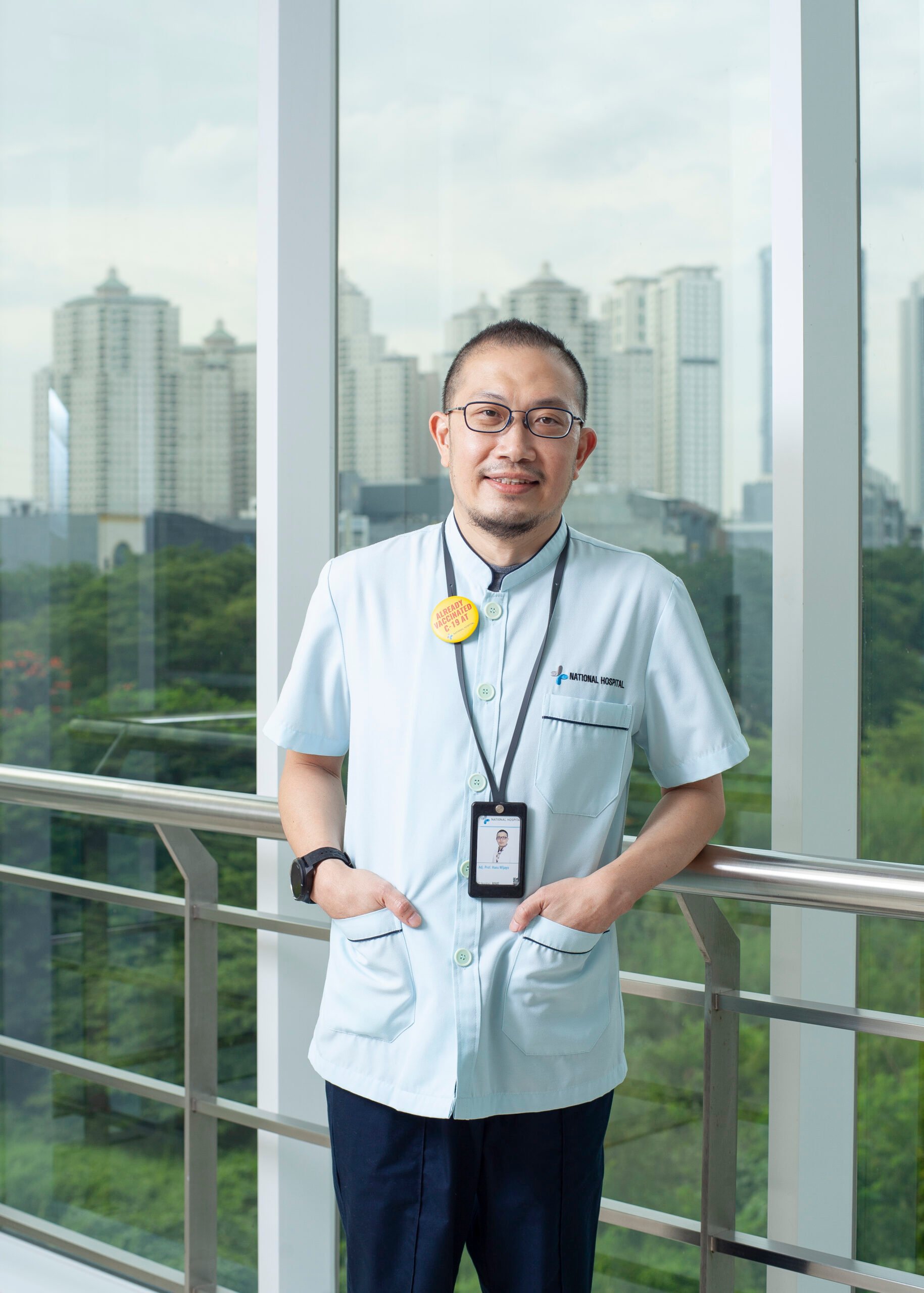Founded in 2012, National Hospital in Surabaya is a leading private healthcare facility in Indonesia that has brought many new healthcare technologies to the country, from electronic health records to saliva-based PCR tests. Located on the eastern side of the island of Java, its achievements offer a framework for how other facilities in Indonesia can improve their operations.
The Lab Insights team recently spoke with CEO Prof Hananiel “Hans” Widjaya, who oversees a staff of 600 doctors, nurses, management and support personnel — many of them millennials with an openness to digital health technologies and a strong desire to improve standards of care in the country. Below are some of the highlights from the conversation.
Embracing digital health
As an early adopter of digital health tools, Prof Hans is proud that his hospital has led the way in adopting a number of important technologies that allow his team to serve their patients better. By becoming one of the first hospitals in Indonesia to implement electronic health records (EHRs), for example, National Hospital was able to break down silos between departments and streamline communication between physicians, laboratory teams and other key groups.
Prof Hans is always on the lookout for new tools to add to his smart hospital. He recently teamed up with an Australian startup to digitise pathology slides and make results available through cloud sharing (National Hospital is now the exclusive distributor of this technology in Indonesia). Separately, he implemented a chatbot system by partnering with BotMD, a Singapore startup that allows hospital physicians to quickly access information of relevance to them.
Because National Hospital invested in teleconsultation tools early, they are currently able to treat 40% of outpatients with this remote approach — something that has been invaluable during the COVID-19 pandemic. National Hospital has also developed a relationship with the Ministry of Health, using its experiences as case studies to help government teams update health policy and regulations.
Ultimately, Prof Hans hopes to reach a point where all Indonesian hospitals are adopting digital health and other technologies to keep people healthy instead of treating the sick. “Prevention is the future,” he said, pointing to genomic testing and precision medicine as two key elements that will help shift patient care to a more proactive strategy.
The COVID-19 experience
With its background in innovation, National Hospital was well positioned to provide patient care during the COVID-19 pandemic. In 2020, Prof Hans and his team launched the country’s first saliva-based PCR test, and also set up 14 PCR stations to streamline sample collection and testing. By May 2021, Prof Hans said his team was running about 20,000 PCR tests and 25,000 swab antigen tests per month.
Beyond testing, Prof Hans believes hospitals have a major role to play in helping people understand their health risks in the pandemic. “The hospital is the powerhouse and the lighthouse to educate the market regarding what is good implementation to avoiding and preventing transmission of COVID-19,” he said. His team regularly participates in webinars and provides educational content to help Indonesians stay safe.
Still, though, he does not believe the situation is currently under control. Despite steadily decreasing COVID-19 cases in Indonesia, recent holiday celebrations and rising infection rates across Asia have triggered concerns about a possible new surge. “We are very worried, actually,” Prof Hans said. “We are frightened about the surge capacity of the hospitals.”
One silver lining of the pandemic, he noted, has been increased interest in the digital tools that will be important to improving patient care. Resistance to things like EHRs or sharing pathology results via the cloud has been significantly reduced because these tools made such a difference during the pandemic. This shift could become the foundation for improving healthcare across the country.








